Also known as The Sorrows of Lenka, The Proud Stallion, The Stress of Youth, Suffering, the Czech film Trápení is an engaging drama by director Karel Kachyna about the growing pains of a young teenage girl (Jorga Kotrbova) and the hardships of a noble steed mistreated by a cruel neighboring farmer.
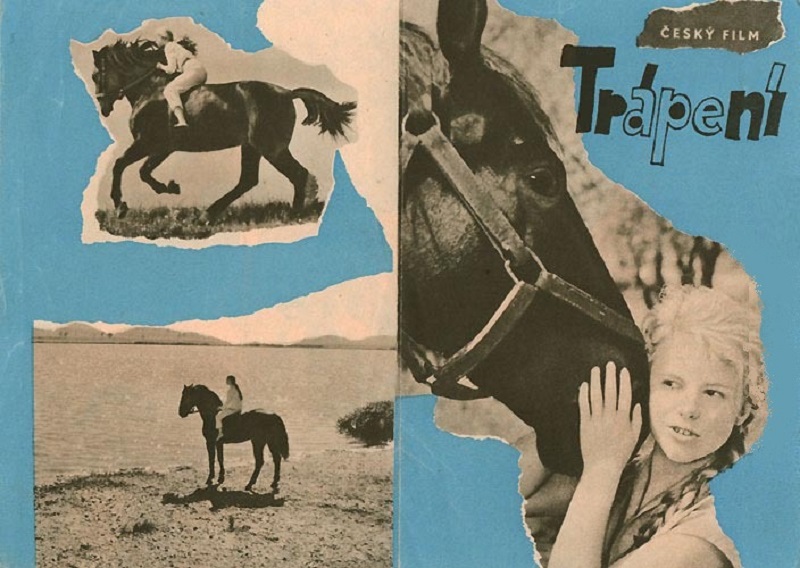
She is having a hard time figuring out adult modes of behavior, and at the same time her heart goes out to the horse that is suffering under the treatment of the farmer next door to her family. As the teen adopts the horse as a friend, some clarification will be sure to come on the meaning of adulthood and the benefits of compassion.
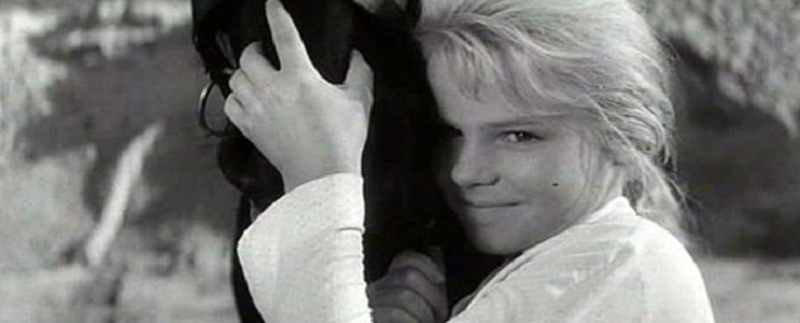
In the last few days, I’ve been struck by the kind of nostalgia that makes one desire to play some of the older Czech cinematography. And I’m so glad I gave in and discovered this movie gem so unexpectedly. I love several of Karel Kachyňa’s other movies, however, visually, none of them has hit me like this one has.
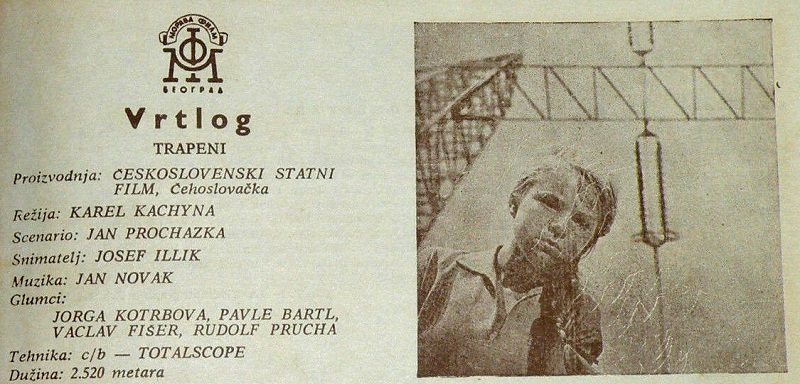
What strikes me most of the peaceful simplicity. These days we are completely bombarded with explosions, quick-edit action sequences and non-stop chattering movies, ones full of useless words, instead of having a strong story where words are almost unnecessary as is shown in Trápení.
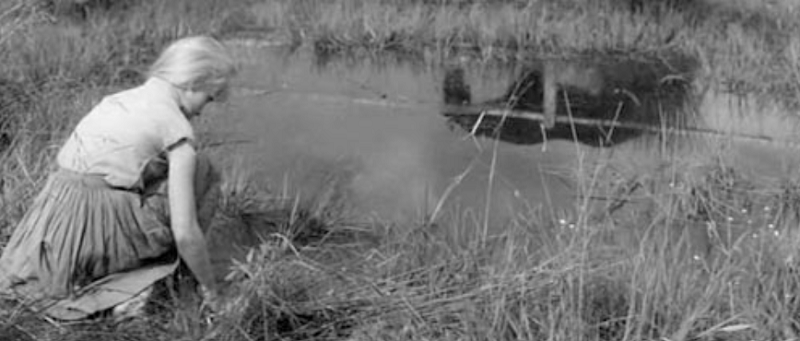
This hauntingly beautiful film is exceptionally rich with the inventive poetics of the camera (by cinematographer Josef Illík) as well as excellent direction and expressiveness of music composed by Jan Novák.
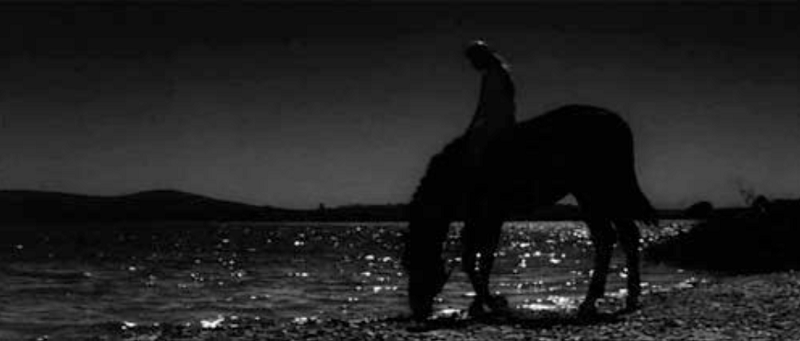
What’s occurring in this coming-of-age story is that Karel Kachyňa has actually created and filmed a lyrical story about puberty and about the end of childhood. A masterpiece about the time of searching, of uncertainty, and of the transformation of emotion as we shift from innocence to knowing.
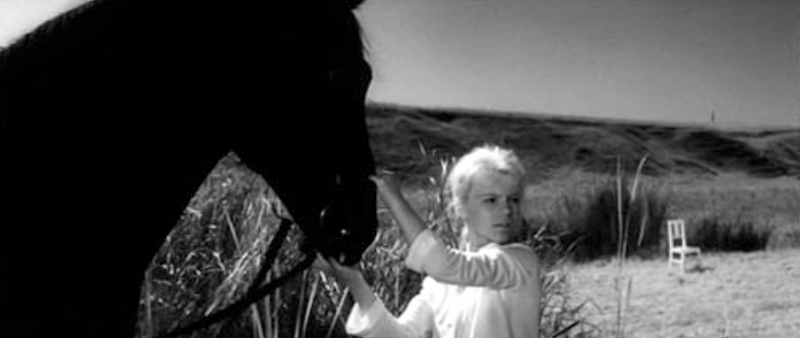
The heroine Lenka, is no longer content to play at home and around the house. She establishes a strong emotional bond with a black horse named Primo (in relation to which she compensates for her future maternal instinct).
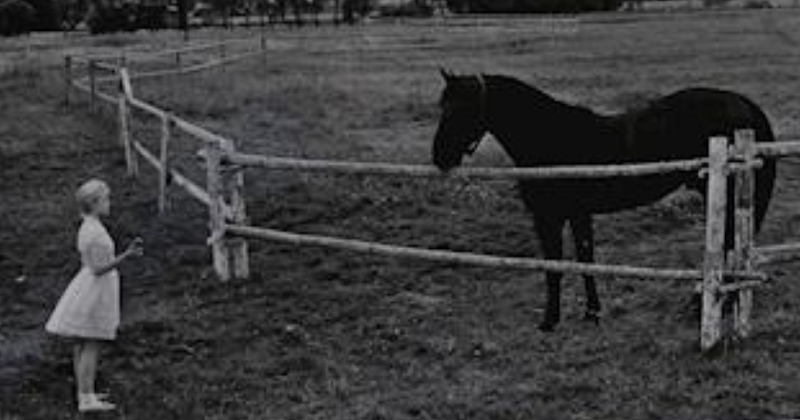
What I find surprising is how genuinely “girlish” and feminine Trápení is – despite being created by two prominent male filmmakers. Some have called it a response to the famous 1953 film, Crin Blanc: Le cheval sauvage, or as we know it, White Mane, another hauntingly beautiful film set in the gorgeous landscape of the Camargue, a marsh area in the south of France where the river meets the Mediterranean Sea.
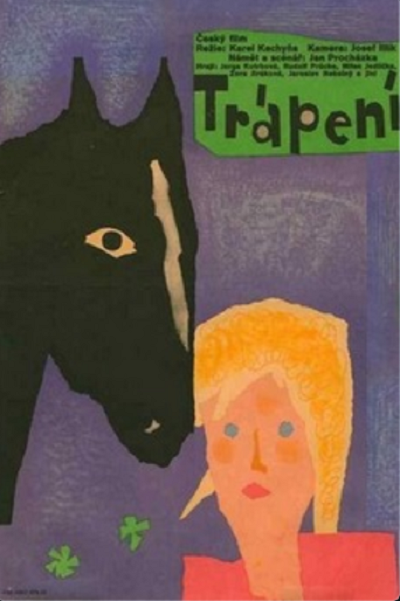
Visually, almost every shot is beautifully composed and pinned to perfection. You’re immediately drawn in by the simplicity and an instant nostalgia comes over you watching this gem.
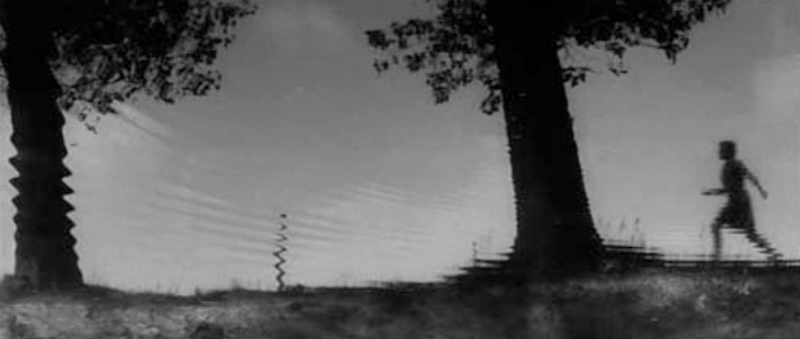
Without exaggeration, I believe this to be one of the best Czech films ever.
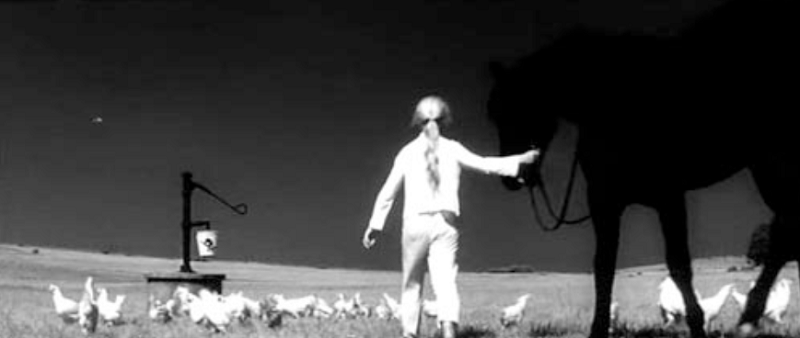
Actress Jorga Kotrbová debuted in the lead role of a 12-year-old girl. The filming took place at a farm in Dolní Nerestce , where Jorga Kotrbová actually lived during the filming. Filmed with other relative unknowns (to film), Karel Kachyňa has cast a number of actors from the South Bohemian Theater in České Budějovice.
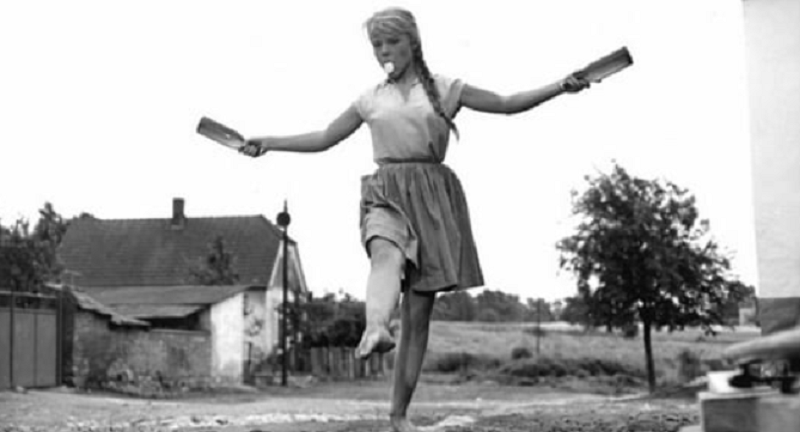
Jorga Kotrbová is excellently cast as a proud girl and it’s interesting to follow her on her journey. Without giving too much away about the ending, it’s refreshing to see that she is happy and yet matured; that she’s genuinely free from any unnecessary pathos from the journey. She’s grown from it.
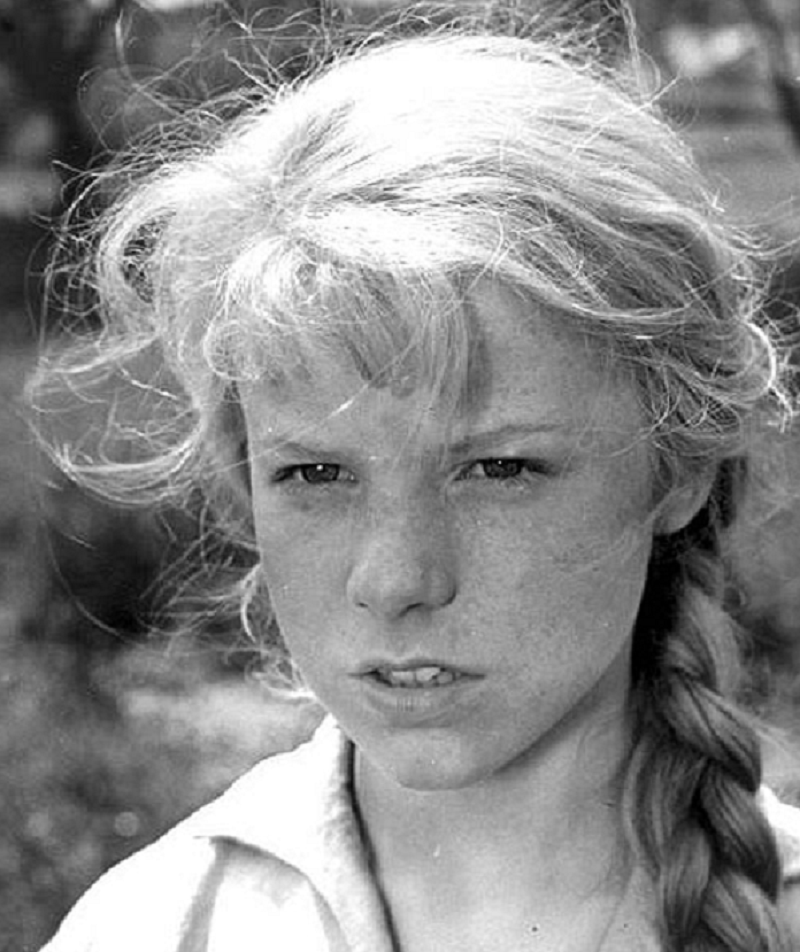
Kachyň’s collaboration with Jan Procházka delve deep into the inner insights of the human soul. They are not afraid to include the misery. The mutual harmony between the director and the screenwriter, together with the excellent camera, influenced the final quality of the film.
Spoiler Alert: In Trápení, Lenka is a girl who differs from her surroundings, and other children tend to shy away from her. Ultimately, she finds a creature in the corral as lonely as she is. She overcomes fear and climbs through the enclosure …. The enclosed space seems to indicate the prison in which the horse is, and the sympathetic girl is the way to freedom for him (and her attention of his is also that for her). What films do this type of thing today? Perhaps that is what I enjoyed so much, aside from the lovely visuals.
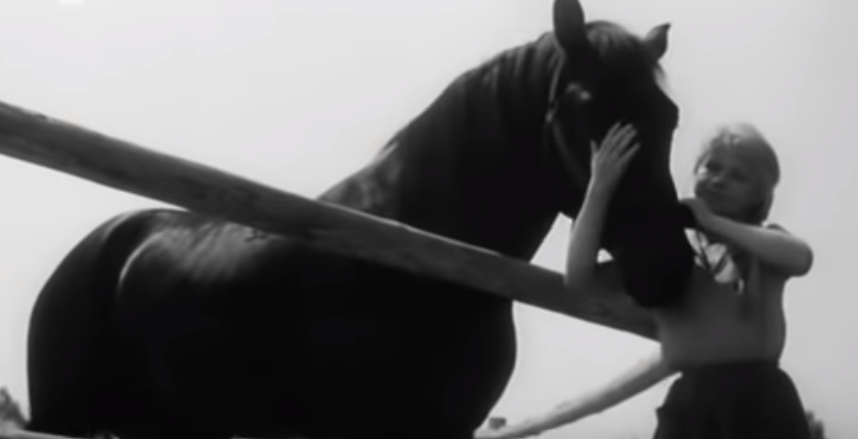
This film is a part of a coming of age trilogy of films which include Vysoká zeď, Trápení, and Závrať. The screenplays for all three films was created by Jan Procházka and Karel Kachyňa together.
The American magazine Variety (April 11, 1962) praised Jorga Kotrbová’s performance and the film in The Sorrows of Lenka, as you can see below.
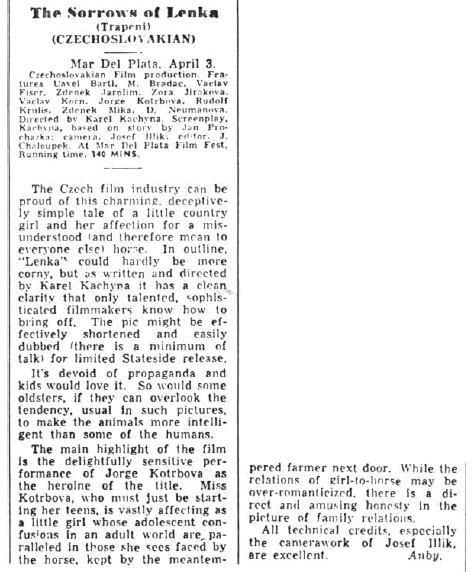
Among other things, Karel Kachyne, won the Silver Gondola Award at the Venice Children’s Film Festival in 1962, as well as the Grand Jury Prize at the International Youth Film Meeting in Cannes for Trápení.
Karel Kachyňa (May 1, 1924 – March 12, 2004) was a Czech film director whose career spanned over five decades. Kachyňa was part of the Czech wave of liberal filmmakers in the 1960s which included Miloš Forman and Jiří Menzel. He directed over 65+ films during his career.
The author of the screenplay is the Czech novelist and screenwriter Jan Procházka (1929-1971). As mentioned, this was not his first cooperation with Karel Kachyňa. By the time the film was made, the film making duo of Procházka – Kachyňa were already slowly but surely rising.
Other films he wrote for Karel Kachyňa include Závrať (or Dizziness, 1962), Naděje (or Hope, 1963), Vysoká zeď (or High Wall, 1964), Ať žije republika (or Long Live the Republic, 1965), Kočár do Vídně (or Carriage to Vienna, 1966), Noc nevěsty (or Night of the Bride, 1967) and the most famous Ucho (or Ear, 1970). Of these only Ucho is available with English subtitles.
Finally, we share this today as a tribute to the cinematographer Josef Illík. Illík was born on September 10, 1919 in Prague, Czechoslovakia. He was a an actor as well as a cinematographer, known for Slecna Golem (or Miss Golem, 1972), Trápení (1962) and Temné slunce (or Dark Sun, 1980).
I say enough useless babble of today’s films and more of quiet yet sensitive films such as this one. Can the (very short) modern attention span even handle it? Unfortunately, the world has become much rougher in ways and experienced have become virtual. More people feel alienated and most have forgotten how to listen to others. For me*, this movie is beautiful and it always will be.
Here is the film in its entirety for your viewing pleasure:
*This post is dedicated to the memory of – and with immense respect to – the director, actors and filmmakers who deserve it so very much. Those which for many have disappeared into oblivion and yet who created such masterpieces as Trápení, as testaments to our humanity.
Sponsored Advertisement
Encourage old-fashioned play with your purchase of this children’s cooking apron. 100% cotton with lace, this lovely apron is handmade in the Czech Republic . Your purchase also supports this website as this is an affiliate link and we make a tiny percentage if you buy. Makes a lovely gift.
Thank you in advance for your support…
We know that you could spend hours, days, weeks and months finding some of this information yourselves – but at this website, we curate the best of what we find for you and place it easily and conveniently into one place. Please take a moment today to recognize our efforts and make a donation towards the operational costs of this site – your support keeps the site alive and keeps us searching for the best of our heritage to bring to you.
Remember, we rely solely on your donations to keep the project going.
Thank you in advance!
If you have not already subscribed to get TresBohemes.com delivered to your inbox, please use the form below now so you never miss another post.

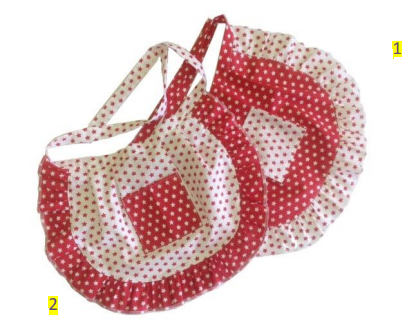



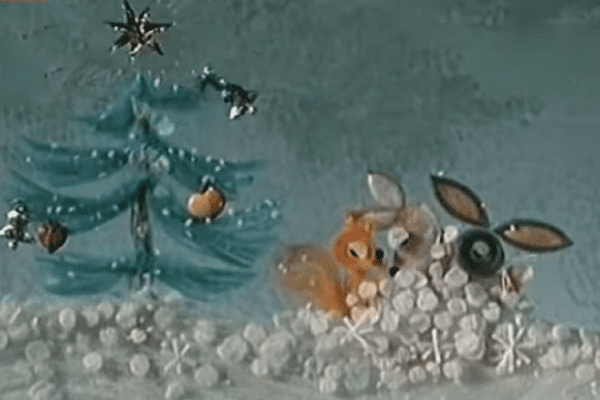
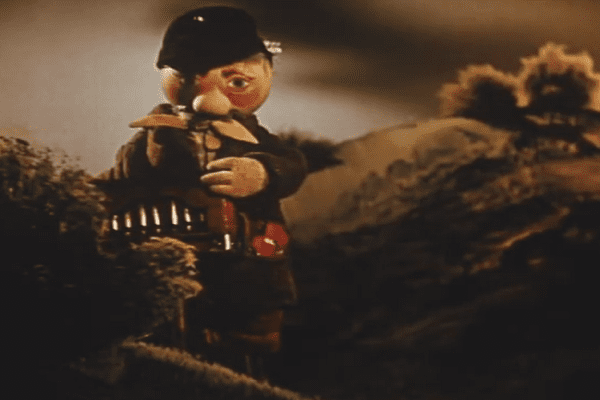
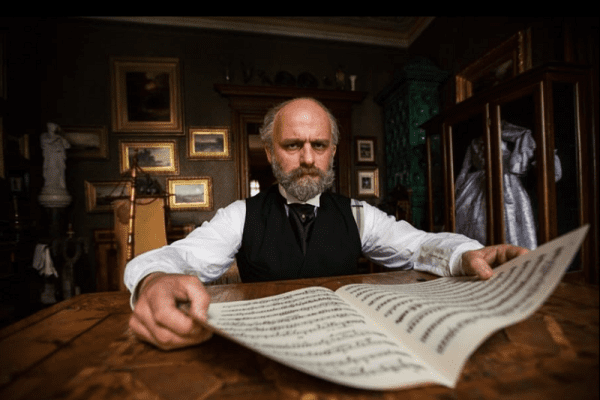















I watched this and cried.